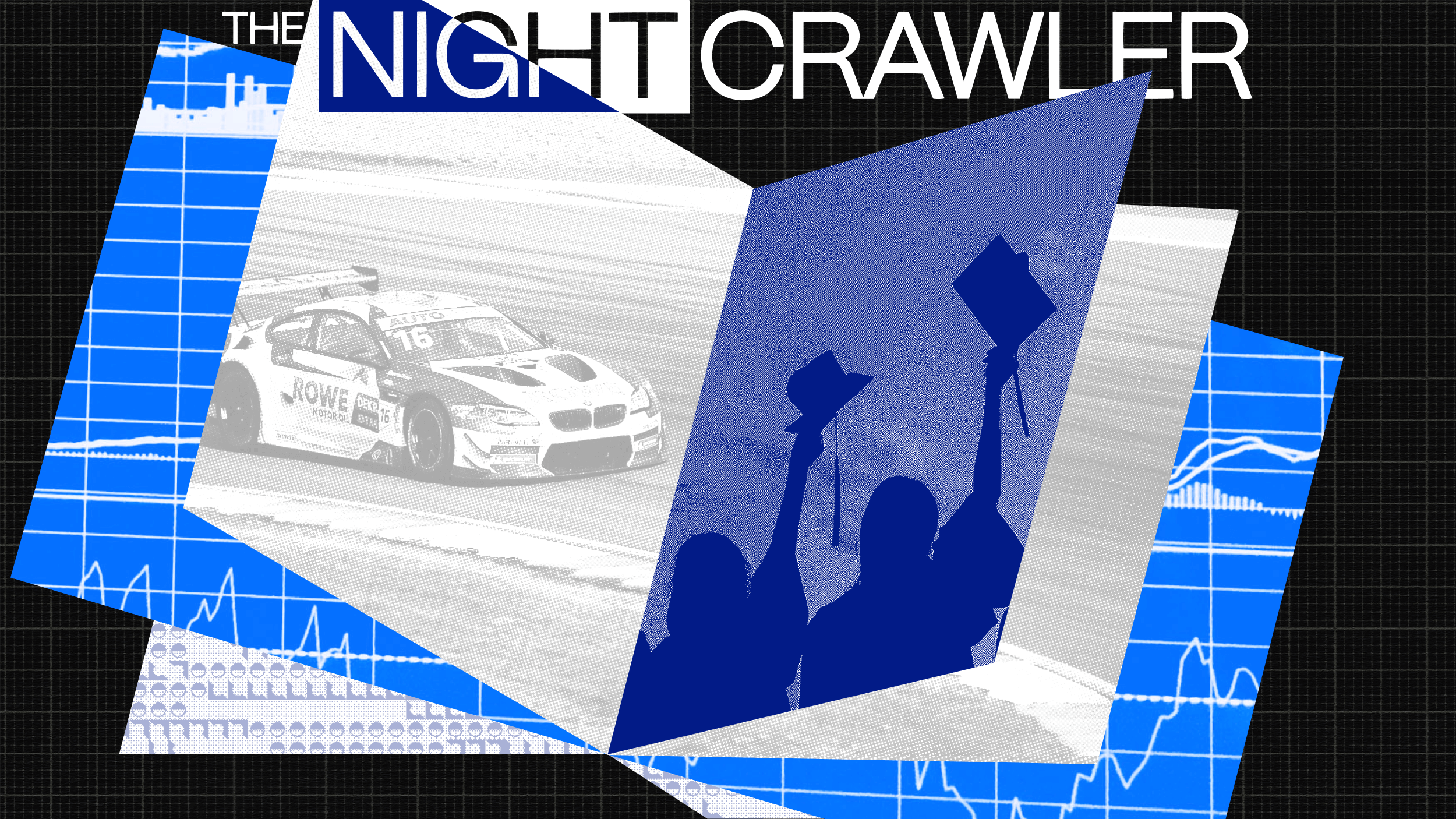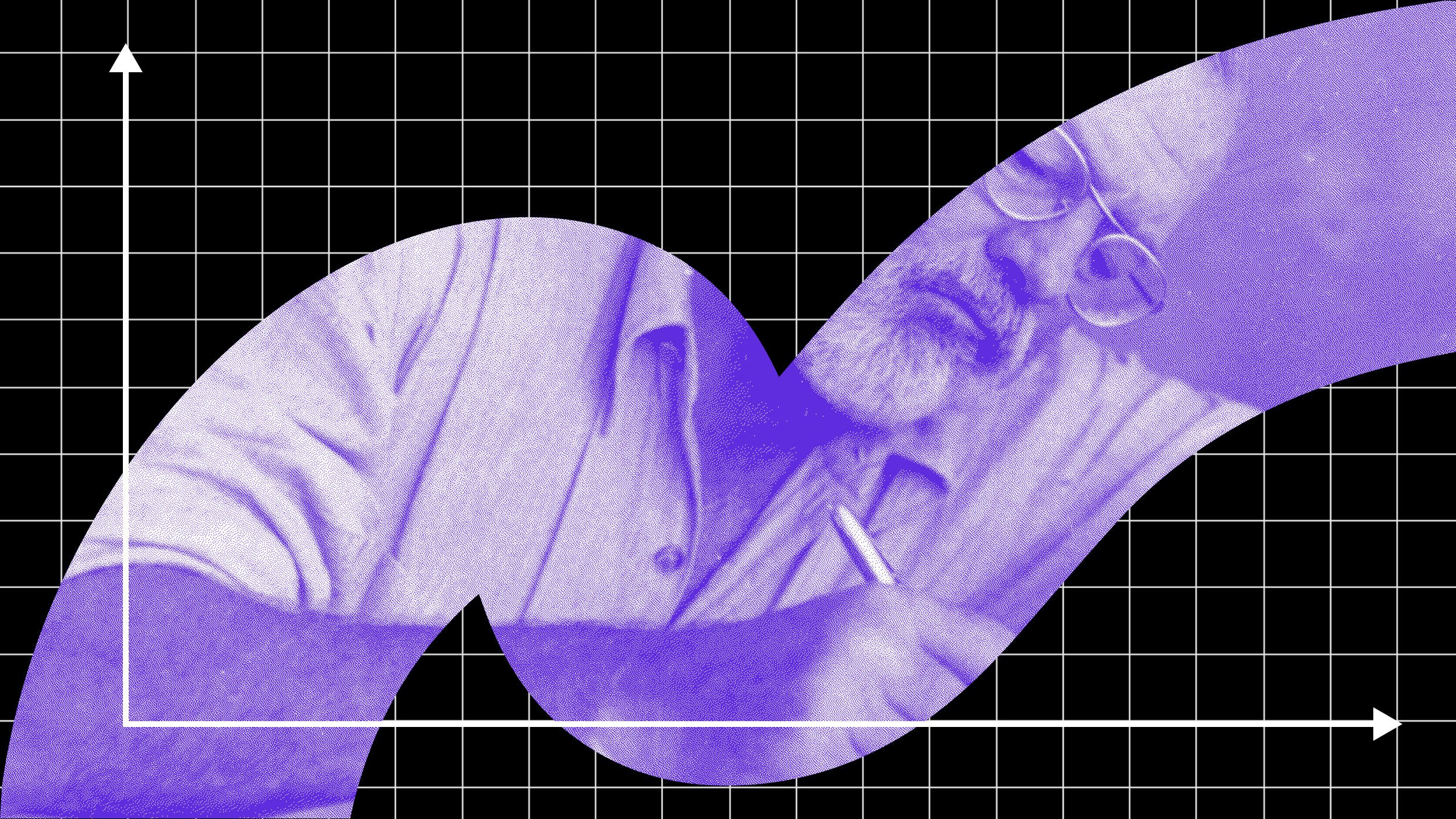The New Yorker’s Joseph Mitchell has always been an inspiration of craft; Peter De Vries has been an inspiration for humor.
Calvin Trillin: Well the mortgage. You mean do I get up in the morning and think, “Wow. I see the end of that rainbow, and there’s something telling me, ‘Write the great American story about parking’”? No. No I don’t have that.
Calvin Trillin: Well it’s hard for me because I do different kinds of writing. And so . . . I mean there are non-fiction writers. I mean the one who has always been sort of my hero is Joseph Mitchell – who was a New Yorker writer for many years who died seven or eight years ago I guess – who I admired partly as just his craft. I mean what he was able to do in a . . . I don’t write the way he writes, but . . . So it’s not a stylistic thing; but I was always amazed that he was able to get the marks of writing off of what he did. And also he approached people head on and without any sort of condescension, or certainly without any fawning. I mean he didn’t write about the people that some reporters fawn over. I mean he wrote about . . . often people on the waterfront or in the fleabag hotels or something like that. The stuff was wonderful, and . . .
And I think as far as humor goes, one writer who is now sort of half forgotten who I have always admired a lot was Peter De Vries. Again, I don’t write the way he writes. I mean he had a lot of word plays, and puns and things; but I think there are a lot of good, humorous writers now who write short pieces that are funny and often wise, which is remarkable when you think of how many other avenues there are for somebody who’s funny.
I mean you know it’s sort of legendary now, but the bright kid from the Harvard Lampoon doesn’t come to The New Yorker now. He goes to Hollywood and writes sit-coms or something or television or movies.
So considering how many other outlets there are, most of which pay a lot better than writing for a magazine, or a newspaper, or even books, it’s remarkable how many of the good ones there are, I think.





